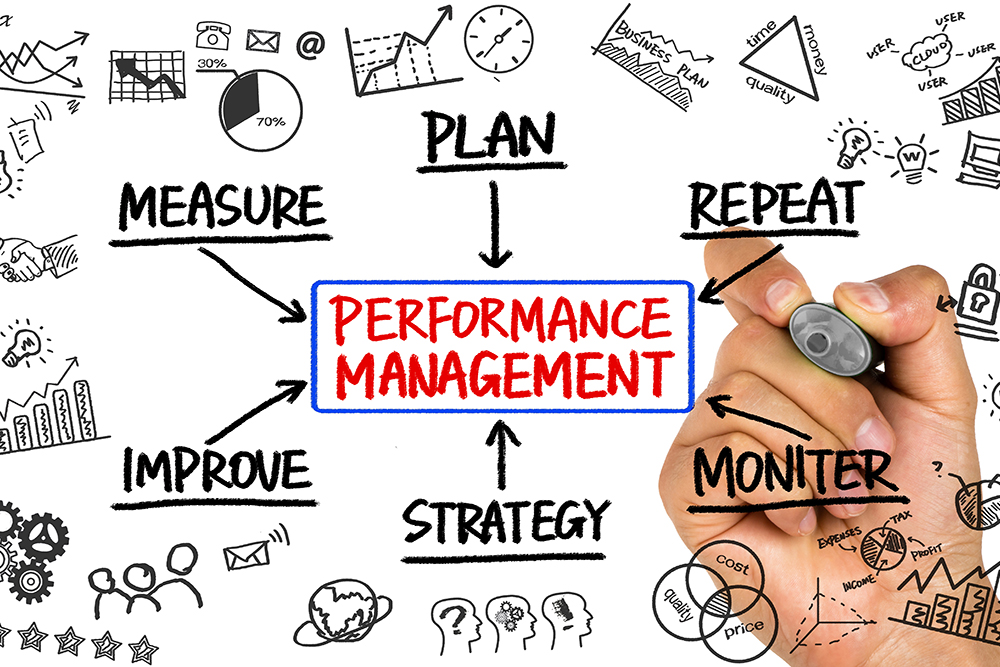Achieving optimal business performance is the goal of every organization, driving growth, profitability, and long-term success. In this article, we delve into the key factors that contribute to business performance and explore effective strategies to drive success. By implementing these strategies, businesses can enhance their performance, stay competitive, and thrive in today’s dynamic marketplace.
Clear Vision and Strategic Planning
A clear vision and strategic planning are vital for business performance. Setting clear goals, defining a compelling vision, and developing a well-defined roadmap enable businesses to align their efforts, make informed decisions, and effectively allocate resources. Regularly reviewing and updating the strategic plan allows businesses to stay agile and adapt to changing market conditions.
Strong Leadership and Effective Management
Strong leadership and effective management play a crucial role in driving business efficiency. Leaders who inspire, provide clear direction, and foster a positive organizational culture create an environment where employees are motivated and engaged. Effective management practices, such as setting performance metrics, providing regular feedback, and promoting collaboration, ensure efficient operations and effective execution of business strategies.
Customer Focus and Market Differentiation
Businesses that prioritize customer focus and market differentiation tend to outperform their competitors. Understanding customer needs, preferences, and pain points drives product innovation and service excellence. By delivering exceptional customer experiences, businesses can build customer loyalty, attract new customers, and gain a competitive edge. Market differentiation through unique value propositions and targeted marketing strategies further enhances business performance.
Continuous Improvement and Innovation
Embracing a culture of continuous improvement and innovation is instrumental in maintaining business performance. Businesses should foster a mindset that encourages learning, experimentation, and adaptability. Regular assessment of processes, systems, and operations allows for identification of areas for improvement. Investing in research and development, embracing technological advancements, and staying ahead of industry trends help businesses innovate and stay relevant in a rapidly evolving marketplace.
Effective Financial Management and Risk Mitigation
Sound financial management is essential for business performance. This includes effective budgeting, financial planning, and monitoring key financial indicators. Businesses should also implement risk management strategies to identify and mitigate potential risks that could impact performance. By actively monitoring and managing financial risks, businesses can ensure stability, resilience, and long-term sustainability.
Driving financial performance requires a comprehensive approach that encompasses strategic planning, strong leadership, customer focus, continuous improvement, and effective financial management. By implementing these strategies, businesses can enhance their performance, drive growth, and achieve sustainable success. Embracing innovation, prioritizing customer satisfaction, and fostering a culture of continuous improvement will position businesses for success in an ever-changing business landscape. It is not an easy task to possess the above qualities at the same time. Let’s take a step forward and learn about our AI investment tools, embarking on a new path of financial management.











